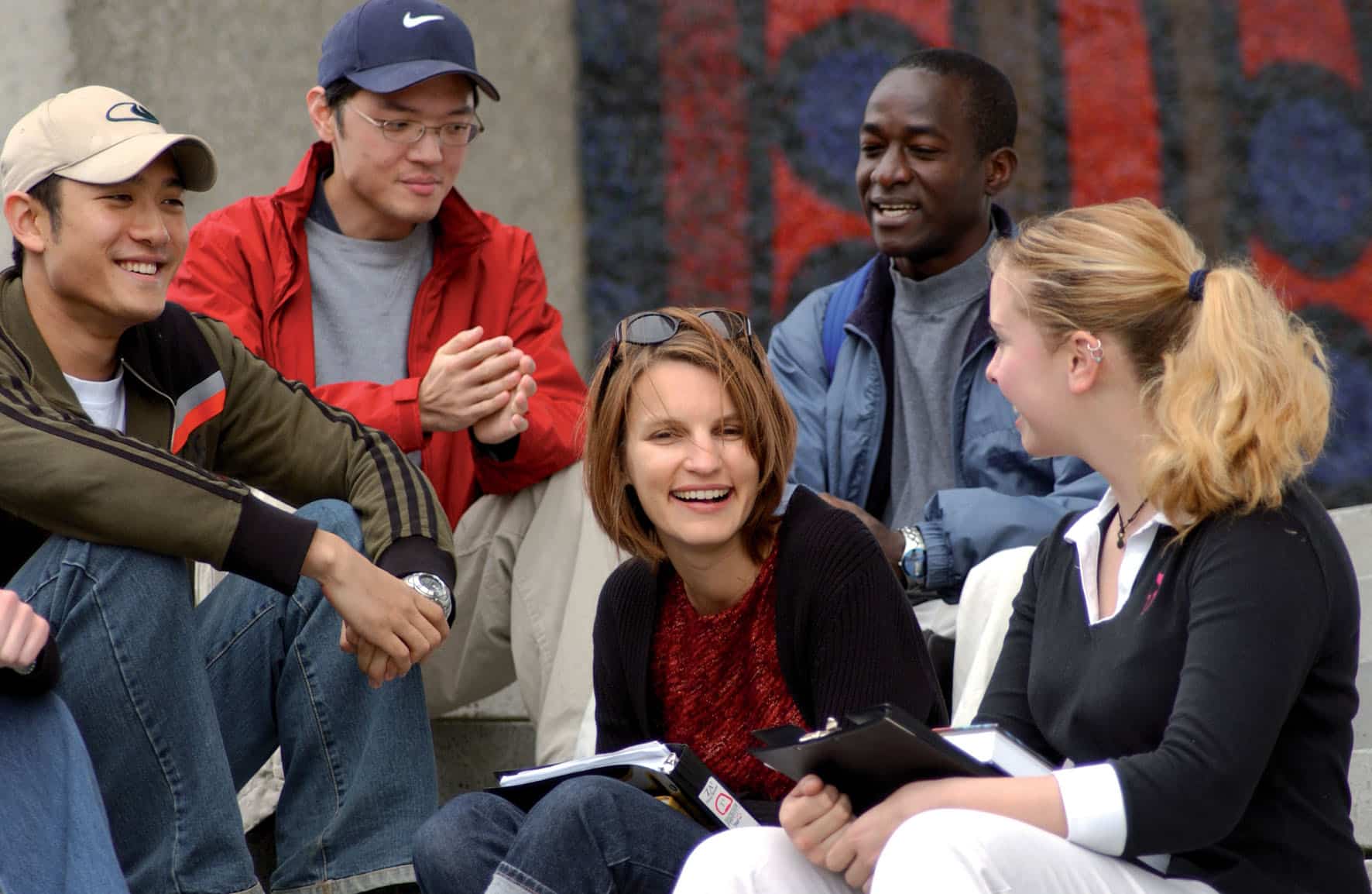The phenomenon that most Chinese students are “invisible compared to Americans or students from other foreign countries other than China” has been more frequently observed and concerned as the population of Chinese international students in American colleges is rocketing in recent years. Personally, how can Chinese student integrate into mainstream life in American universities? Answers to that question have practical implications for me as a mainland Chinese student who has just come to the US for less than one year for college.
At Cornell University, a school with more than 30 percent of international students and 6 percent of Chinese students out of total Cornell enrollment, I was startled by this huge population at the beginning. Before I came to Cornell, I expected a less dense Chinese population and was prepared to be “boomed” by American culture. However, ever since the first day at Cornell, I was surrounded by friendly Chinese upperclassmen who offered to help us, new Chinese international students, to transfer smoothly to college life. Since they had experienced similar situations before, they could easily empathize with us and understand our uncertainty, curiosity, and anxiety. Thus they brought all of us together and helped form our first friendship circle here at Cornell. At the same time, we also had great flexibility and opportunities to meet people from all over the world.
For me, I attended a lot of extracurricular activities to meet new people, such as Track and Field Club, Chorale, and Student Assembly. My American roommate has also helped me greatly in reaching out to non-Chinese friends. I have found out that getting to know people outside of academic setting really facilitates friendship. Gradually, I have had some really good friends from America, Greece, India, Korea, Ghana, etc. However, when our contacts became deeper and more frequent, the barriers of language and culture begin to stand in the way, especially with American people.
For example – I sometimes simply could not follow their thoughts behind their super-fluent English, not to say expressing my own ideas in the most efficient and effective way. Besides, the cultural gap between us was also huge: we grew up watching different movies, playing distinctive sports, having different role models, and following different conventions. When my American friends began to discuss their favorite football teams, I could do nothing but listened. As frustrated as I was, I kept hanging out with those people who were still patient with my not-so-well English and not-so-familiar backgrounds. I watched the first ever football match in my life with my friends, spend Thanksgiving and Christmas in my roommate’s home, played the first ever frisbee game in my life, etc. I tried to learn about their lives, while trying not to change who I am. Gradually, I discovered lots of things we had in common despite those obvious differences. We possess similar craving for knowledge, hold similar values and purposes for our lives, and have similar goals and dreams towards the world. Had I abandoned our interaction before this huge discovery, I would have lost the chance to exchange values deeply and fall into the “cultural gap” trap that has impeded many people.
However, the quality of our interaction also depends on the characteristics and personalities of my American friends. Some people I came across are much more interested in exotic culture, much more patient with my English, and much more willing to exchange thoughts with me than others. It turns out that most of my friends are that type. However, the first step I always take is to reach out and present myself. Once I have realized that American and I are more alike than different, overcoming the fear to reach out becomes no big deal. What is more, there is no need to change myself in order to integrate into the so-called “American-society.” What people want to see is my real self, not some “ideal” person everyone admires. They love the way I am originally, so the best lesson I have learned is: be confident and be myself.


